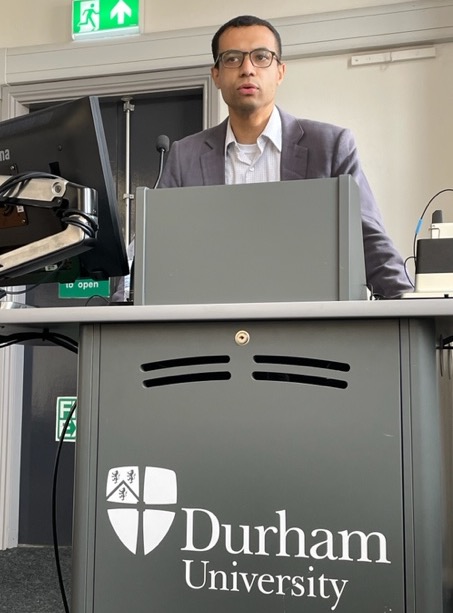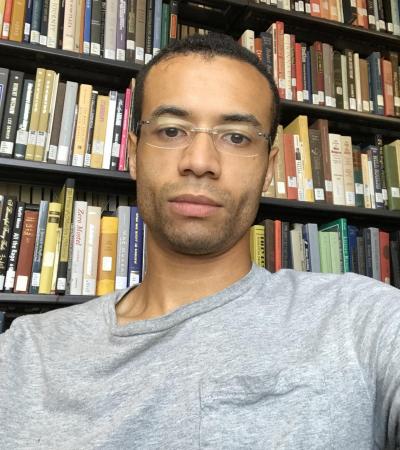Constructing and Contesting Knowledge in the Medieval and Early Modern World, MEMSA 17th Annual Conference; Durham University, Durham England
Kellogg Institute Conference Travel Grants
Conference: Constructing and Contesting Knowledge in the Medieval and Early Modern World, MEMSA 17th Annual Conference; Durham University, Durham England
July 17 – July18, 2023
Presentation: “The Formation of African Runaway Communities: A Negotiation Between Christian and non-Christian Knowledge Systems”
Report:
 On July 17 th and 18 th 2023, I presented a chapter of my dissertation on African runaway communities near Lima, Peru and Cartagena de Indias, Colombia. During my presentation I considered two realities related to the runaway communities. First, that they were threatening and physically damaging to Iberian political aims and second, that they were not always hostile to state-sanctioned knowledge structures. I explored the reality that in the palenques that emerged in the hinterlands of Cartagena and Lima during the late 16 th and early 17 th centuries African runaways rejected the brutality of Spain’s political violence and oppression but were willing to receive (in the Cartagena examples) or remain silent about (in the Peruvian cases), Catholic teachings.
On July 17 th and 18 th 2023, I presented a chapter of my dissertation on African runaway communities near Lima, Peru and Cartagena de Indias, Colombia. During my presentation I considered two realities related to the runaway communities. First, that they were threatening and physically damaging to Iberian political aims and second, that they were not always hostile to state-sanctioned knowledge structures. I explored the reality that in the palenques that emerged in the hinterlands of Cartagena and Lima during the late 16 th and early 17 th centuries African runaways rejected the brutality of Spain’s political violence and oppression but were willing to receive (in the Cartagena examples) or remain silent about (in the Peruvian cases), Catholic teachings.
In these various cases, maroon communities strictly sought to avoid the political domination of their conquerors. Were the historical record discusses religious preferences, the Christian religion was either espoused for subjective or political aims in the peace treaties Africans signed with Spanish officials for recognition of their communities, or, n the Peruvian cases, religious preferences were not a topic that appeared in accounts of the settlements. In Colombia, and most likely in the majority of palenque communities, it was often the case that Africans relied on knowledge structures they had learned in Africa while also appropriating Christian beliefs into their various psychological constructs. One can make the claim that Africans only engaged with Christianity to legitimate themselves before Spanish authorities through non-violent means via mediation by a priest. However, runaways’ decision to adopt those concessions still implied involvement with the Spanish under terms that Africans accepted Further, given the runaways’ consecutive military victories, many palenques might have kept their communities intact without consorting with aggressors. And yet maroon community settlements for peace suggest that many escapees voluntarily sought the religion on the grounds that it aided their social needs or served as a knowledge-based palliative for the community members.
After the presentation I attended a panel discussion with Zsolt Györegy of the University of Oslo. The two of us fielded questions related to our papers. Regarding my presentation, audience members were interested in African religion and the other Catholic orders that worked with African peoples upon their arrival to the New World. I described African religion as a knowledge construct that honors ancestors. Religious members attempt to communicate with their dead ancestors through earthly energies found in assorted objects. I described how this process is related to territorial regions and for that reason Africans were able to add Christian conceptions of God given their new geographic reality. I also discussed that while Dominicans, Augustinians and Franciscans were present, and concerned with the evangelization of Blacks in the New World, my work focuses mainly on the efforts of Jesuit missionaries.






